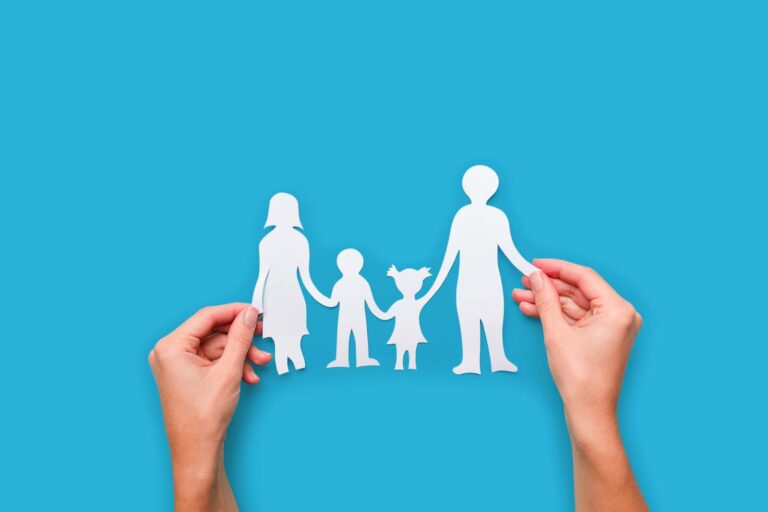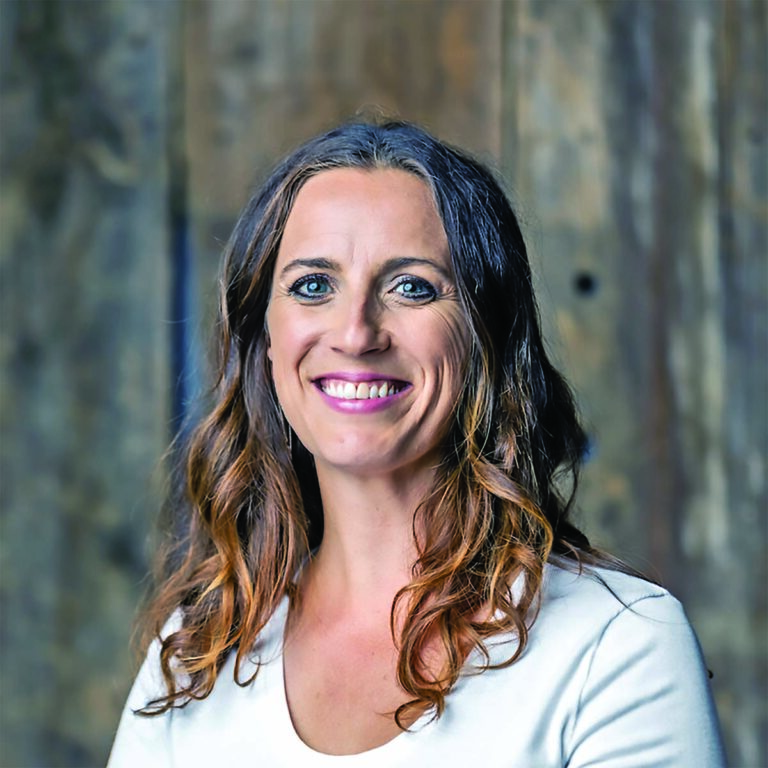The kitchen was packed, the kind of crowd you only get during big family gatherings. My family talking over each other, the warm smell of arepas filling the air and hands reaching for cheese, chicken and ham. My grandma was always busy cooking, treating us to her delicious food, while my brother cracked jokes, making everyone laugh with his stories. We were all there, close together, loud and full.
Then, a few weeks later, he wasn’t.
There was an empty seat at the table, but no one mentioned it. We tried to act normal, but every bite felt different. The silence in that chair screamed. When someone you love dies from suicide, the emptiness they leave feels like it might swallow you whole.
The aftermath of suicide is a pain that words can’t fully express. Searching for answers that never come, no matter how hard you try. Wondering if you could have done something different, if you missed a sign or if there was something you should have said.
Grief after suicide is different. It’s weighed down with questions and blame. It’s quiet because no one knows what to say. And during holidays or milestones—the time when everything is supposed to be joyful—that silence becomes deafening.
Christmas and my birthday used to be my favorite times of the year. Our house was filled with laughter, music and the chaos of siblings. My brother loved the holidays—teasing me about presents, falling asleep on the couch and spreading happiness everywhere.
But now, as we started to talk about our loss, celebrating felt impossible. With my birthday and Christmas approaching, none of us felt right trying to be happy so soon. My dad suggested we get away for two weeks, a chance to reconnect as a family while the world celebrated. We didn’t have the energy to pretend we were okay.
We didn’t decorate the tree, and we didn’t cook our traditional meals. On Christmas morning, no one said, “Merry Christmas.” The silence between us was heavy and painful. We barely spoke, going to bed early, overwhelmed by grief.
The next day was my birthday. Everyone tried to make it a “happy day,” but how could I be happy? It was my first birthday without my big brother. Friends sent texts and my parents made a cake, but all I could think about was that he wasn’t there. No teasing, no hug, no off-key “Happy Birthday.” I didn’t want to celebrate, I just wanted to rewind time.
That empty chair at the table said everything we couldn’t. It wasn’t just a reminder of who we lost—it reminded us of what we lost: our sense of normalcy, the comfort we once had with each other and the feeling that everything would be okay.
The pain of suicide doesn’t end with the loss. It lingers in every moment after, especially in the ones that used to feel full. When families don’t talk about it, when friends pull away and when support fades, another kind of loss happens: a loss of connection, trust and closeness. It’s the silence that stays, the words left unsaid, making you feel more isolated than ever.
But it doesn’t have to stay that way.
We started small, talking about him, saying his name and letting the memories in. Therapy and honesty helped. Healing hasn’t been perfect, but it’s real and ongoing. Losing someone to suicide isn’t just about the person who is gone. It’s about those still here, living around the hole they left.
The holidays and birthdays are still hard and some days the grief hits harder. But we’ve learned to sit with it and be patient with ourselves. It’s okay to miss him, even after all these years.
If you’ve lost someone, know you’re not alone. There are resources like grief counselors, support groups and mental health professionals. Reach out to them. And if you know someone who’s grieving, just show up. Sit with them, let them feel and don’t try to fix it.
There’s still an empty chair, but we fill the space with stories, tears, connection and love. The most important seat isn’t the empty one. It’s the ones we choose to sit in, with honesty and compassion.
If you or someone you know is struggling, call or text 988 or Colorado Crisis Services at 1-844-493-8255 for 24/7 support. Visit Jefferson Center’s website for more information and resources. You are valued and we want you here.
Contact Rebecca Mitchell: [email protected] for more information on how to participate in or contribute to community prevention efforts.






